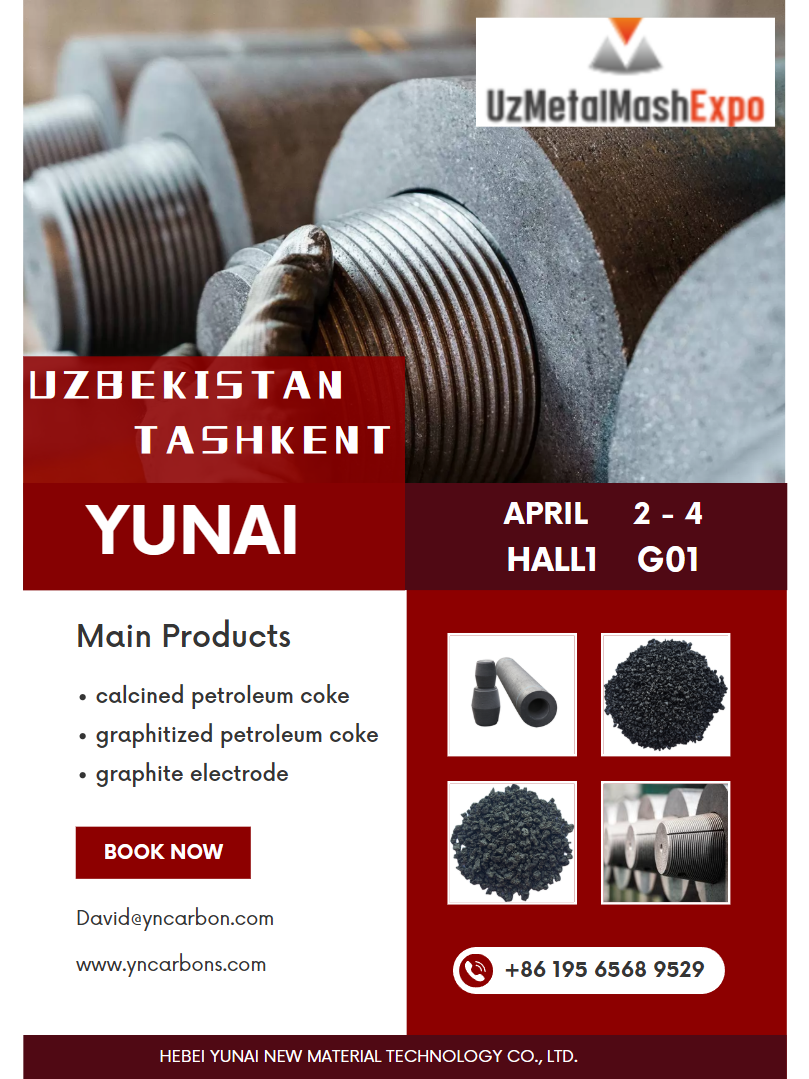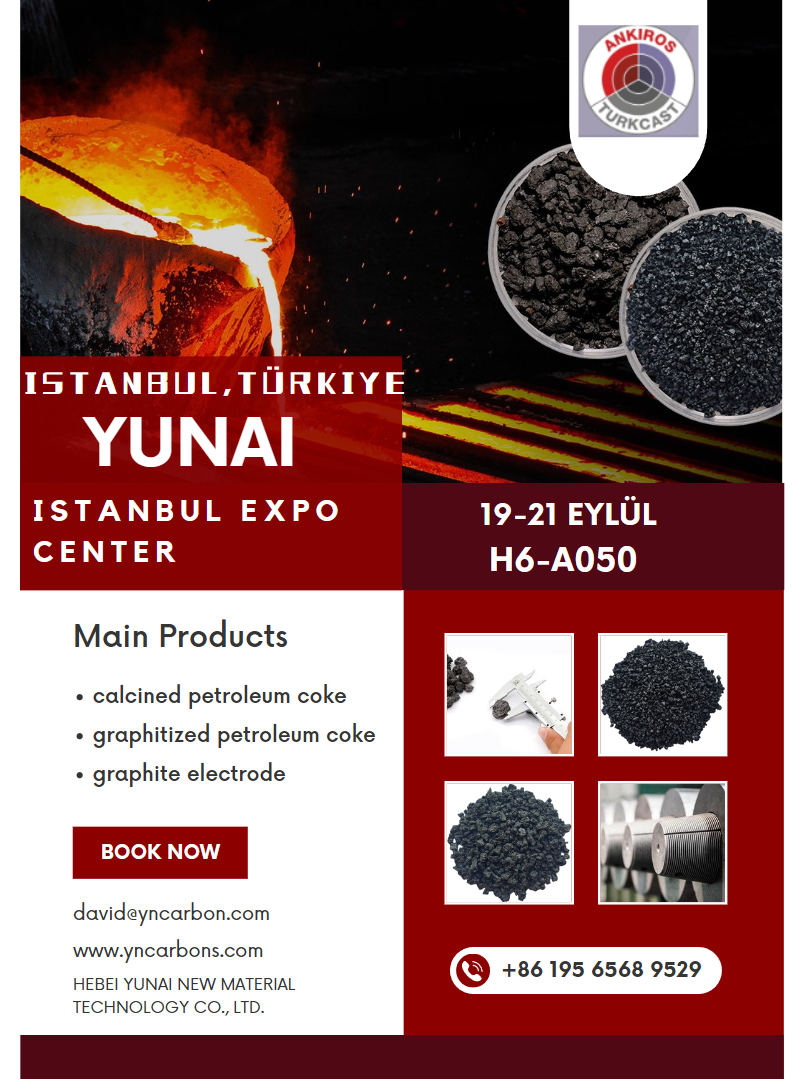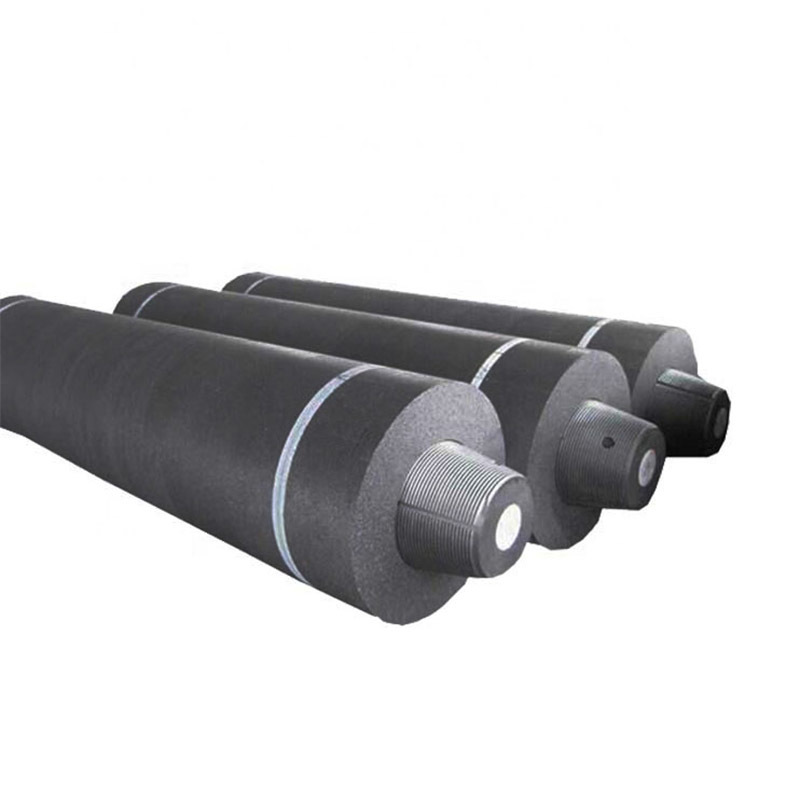Demystifying Calcined Petroleum Coke: Common Questions Answered
Release Time:
Jun 27,2025
Explore essential insights about Calcined Petroleum Coke, addressing common questions and clarifying its uses.
What is Calcined Petroleum Coke?
Calcined Petroleum Coke, often abbreviated as CPC, is a crucial material in the manufacturing world. Derived from petroleum, it undergoes a high-temperature treatment that removes volatile substances, yielding a carbon-rich product. This process enhances the material's properties, making it valuable for various industrial applications.
How is Calcined Petroleum Coke Made?
To understand CPC, one must first grasp its production. The journey begins with petroleum pitch, a byproduct of the oil refining process. This pitch is subjected to calcination, a process involving heating at temperatures exceeding 1200°C. This heat drives off impurities and moisture, resulting in a hard, carbonaceous material that boasts excellent conductivity and low porosity.
Why the Buzz Around Calcined Petroleum Coke?
You might wonder, why all the fuss? Well, CPC is no ordinary substance! It's primarily used in the aluminum industry, acting as a key ingredient in the production of anodes. These anodes are vital for electrolytic reduction, a process that transforms aluminum oxide into pure aluminum. Moreover, CPC finds its way into the manufacturing of steel and titanium dioxide, making it an unsung hero in multiple sectors.
Common Questions about Calcined Petroleum Coke
Now that we’ve scratched the surface, let’s tackle some frequently asked questions about Calcined Petroleum Coke. Sit tight!
1. Is Calcined Petroleum Coke Safe?
Absolutely! While handling any industrial material comes with precautions, CPC itself is deemed safe when managed properly. Workers in industries using CPC must adhere to safety guidelines to mitigate any risks associated with dust inhalation.
2. What are the Environmental Impacts?
Great question! The production of Calcined Petroleum Coke does have its environmental considerations. However, many manufacturers are adopting cleaner technologies to reduce emissions and waste. Recycling and repurposing materials in the calcination process are becoming common practices to mitigate environmental footprints.
3. How is CPC Tested for Quality?
Quality control is a big deal in the CPC industry! Manufacturers conduct rigorous tests to ensure their product meets industry standards. Tests may include checking for carbon content, sulfur levels, and electrical resistivity. Without these checks, the integrity of the material could be compromised.
Where to Buy Calcined Petroleum Coke?
If you’re in the market for Calcined Petroleum Coke, look no further than reputable suppliers. Many companies specialize in this material and can provide the necessary documentation to ensure quality and compliance. Just remember to do your homework and choose a supplier that meets your specific needs.
Conclusion: The Future of Calcined Petroleum Coke
In recent years, the demand for Calcined Petroleum Coke has surged, primarily due to its pivotal role in the production of aluminum and other materials. As industries continue to evolve, so too will the methods of production and application for CPC. With ongoing advancements in technology and sustainability practices, the future looks bright for this carbon-rich material. So, whether you’re a seasoned professional or just curious, Calcined Petroleum Coke is definitely worth keeping an eye on!
Keywords:
More information









